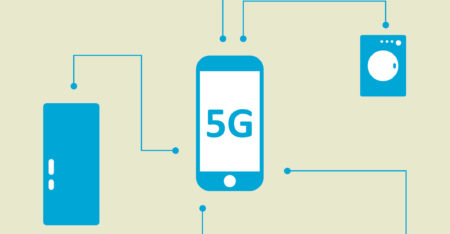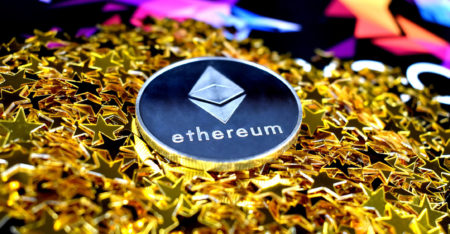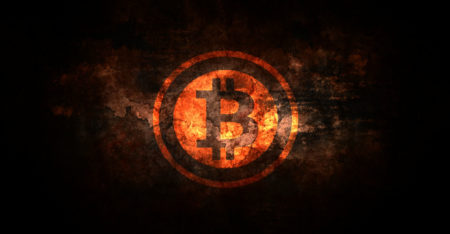Samsung Electronics has signed a partnership with IBM to combine “edge computing” with private 5G networks, the latest tie-up among technology firms trying to help customers automate production.
Browsing: Sections
MultiChoice Group has another rival streaming service to its new DStv Ultra personal video recorder and satellite decoder – this time it’s Amazon Web Services.
The department of communications & digital technologies has embarked on a process to merge some of its entities in line with a plan to rationalise state entities.
The technical glitches plaguing CD Projekt Red’s Cyberpunk 2077 game have cut more than $1-billion off the wealth of the company’s founders.
Bitcoin may have grabbed the headlines in 2020 with a price gain of 160% for the year to date, but this pales alongside its smaller brother, ethereum, which has clocked up a gain of 344% so far.
Elon Musk’s SpaceX is in discussions with investors to raise another round of funding and seeks to double its valuation to as much as $92-billion, according to a report.
Promoted | To celebrate a monumental year for crypto, Binance – the world’s largest crypto asset exchange – has some exciting campaigns and events, exclusive to its South African audience:
Eskom is broke and can’t invest in any further capacity. Independent power producers will have to do it, and they will need an independent transmission and market operator that they trust.
Even in a year when bashing tech companies has become a bipartisan avocation, last week’s US antitrust assault on Facebook stands out.
Services from Google were experiencing widespread outages around the world on Monday, preventing people from accessing Gmail, YouTube and other products.











